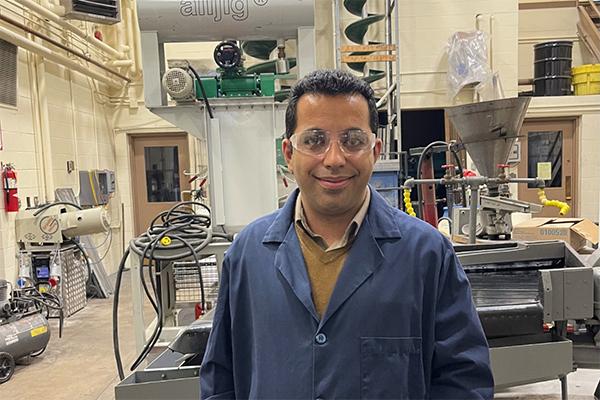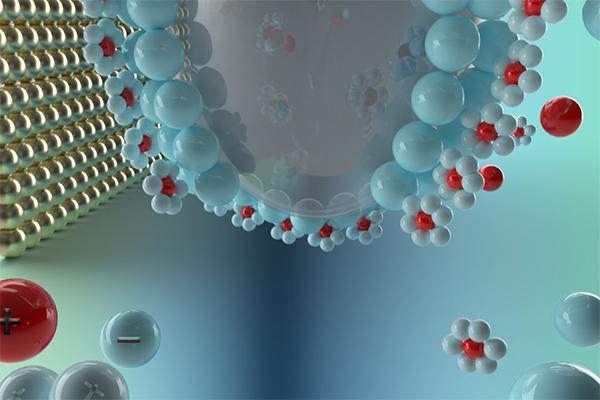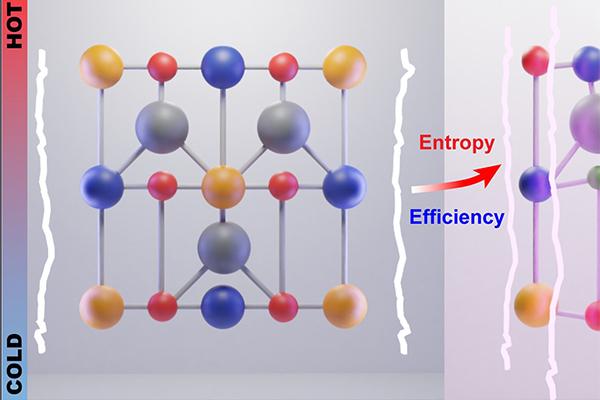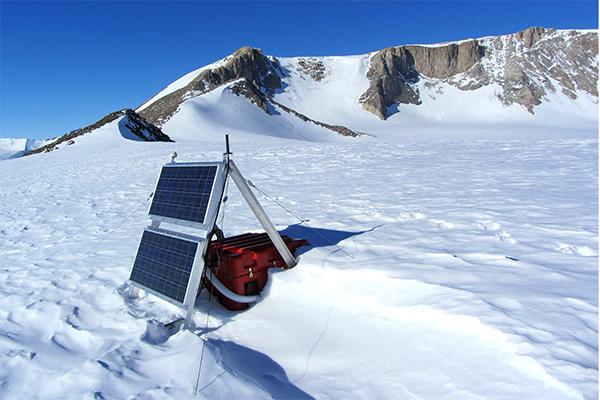Read the latest news about research conducted by investigators in the College of Earth and Mineral Sciences. Our faculty and students are continually advancing technology, creating solutions and expanding knowledge with new and innovative research.
News
Mohammad Rezaee and his team founded Intel-E-Waste, a startup offering a sustainable e-waste recycling process.
The Penn State Climate Consortium has awarded funding to four research projects through its Climate Solutions Accelerator Program.
The NIH has awarded Zhenlong Li a two-year, $399,391 grant to study how environmental factors contribute to obesity, particularly in racial and ethnic minority communities.
A recently developed electronic tongue is capable of identifying differences in similar liquids, such as milk with varying water content.
Batteries power everything from smartphones to electric vehicles. Penn State and industry researchers have developed a method, which could potentially reveal new ways to improve battery efficiency and lifespan.
To enhance biosensor development via artificial intelligence (AI) and offer STEM education opportunities to K-12 students from underserved communities, the U.S. National Science Foundation recently awarded researchers at Penn State a three-year, $1.5 million grant.
This fall, the Millennium Café at Penn State will feature researchers who were awarded Climate Solutions Accelerator workshops by the Penn State Climate Consortium. The talks will occur at 10 a.m. on Oct. 1, Oct. 22 and Dec. 3 on the third floor of the Millennium Science Complex.
Thermoelectric generators that can convert waste heat to clean energy could soon be as efficient as other renewable energy sources, like solar, according to a team led by Penn State scientists.
A team of academic and enterprise researchers has developed a synthesis process to produce a “rust-resistant” coating with additional properties ideal for creating faster, more durable electronics.
Findings from an international team of researchers, including those from Penn State, suggest that Earth's natural forces could substantially reduce the melting of the West Antarctic Ice Sheet and its impact on rising sea levels, but only if carbon emissions are swiftly reduced in the coming decades.











